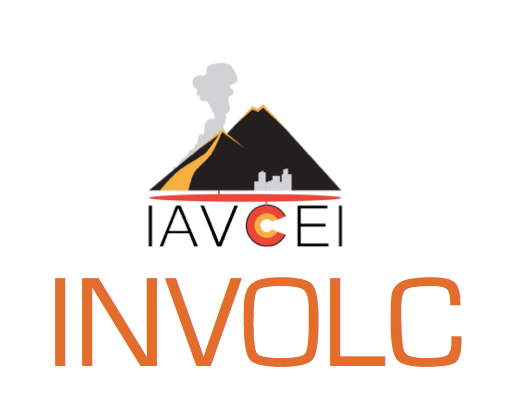Membership:
INVOLC membership is open to anyone who perceives themselves as working in a resource-constrained context that imposes challenges towards integration into the international volcanology community, and regardless of employment status or affiliation mandate, i.e. inclusive of both academia and government institutions.
Aim:
“Fostering Cross-Country Partnerships to Overcome Challenges in Resource-Constrained Settings for the Advancement of Global Volcanology”
This definition deliberately includes partnerships between any nations and reflects the specific ambition to foster inter-regional partnerships between scientists working in resource-constrained contexts.
Goals:
1) ADVOCATE for inclusion of volcano scientists working in resource-constrained contexts into the international community;
2) DEVELOP best-practice guidelines and engagement protocols for international collaboration;
3) IDENTIFY and ADDRESS knowledge gaps and needs;
4) COLLECT and DISSEMINATE information on available resources (financial, educational, infrastructural, etc.);
5) FACILITATE and PROMOTE theexchange and sharing of knowledge and resources between countries; and
6) IDENTIFY and HELP OBTAINING funding resources facilitating the above-mentioned goals.
Board / Representatives:
Network activities are driven by volunteers including a core group of volunteers that act as the governing board, one of whom takes up the responsibility as chair. A minimum of 6 board members are required to be representatives of geographic regions characterised by a large number of LMICs with active volcanoes (as identified by the Global Volcanism Program): 1) Caribbean; 2) Mexico – Central America; 3) South America; 4) Africa – Middle East; 5) SE Asia (Indonesia – Philippines); 6) SW Pacific Islands. Where appropriate, the regional representatives are also considered as representatives for existing international regional networks: the Association of Latin American Volcanologists (ALVO), Indonesian or Philippines members of the Asian Collective for Volcanology (ACV), and the Melanesian Volcano Network and its extended partners in the SW Pacific region (MVN+). Advisory board members can also be invited from organisations with a mission to promote the development of volcano science and/or risk mitigation in LMICs, and who have strong existing partnerships with several of these countries.
The current INVOLC board consists of the following members:
| Representative | Organisation | Role |
| Victoria Miller | GNS Science, New Zealand | Chair |
| Omari Graham | The University of the West Indies, Trinidad and Tobago | Caribbean region representative ECR-Net representative |
| Claudia Inés Rivera | National Autonomous University of Mexico, Mexico | Mexico-Central America representative ALVO representative |
| Blas Ureña | Universidad de Costa Rica, Costa Rica | Mexico-Central America representative ALVO representative |
| José Luis Palma | University of Concepción, Chile | South America representative ALVO representative |
| Natalia Pardo | Universidad de los Andes, Colombia | South America representative ALVO representative |
| Supriyati Andreastuti | CVGHM, Indonesia | SE Asia representative ACV representative |
| Antonia Bornas | PHIVOLCS, Philippines | SE Asia representative ACV representative |
| Esline Garaebiti Bule | VMGD, Vanuatu | SW Pacific representative MVN+ representative |
| Gezahegne Yirgu | Addis Ababa University, Ethiopia | Africa-Middle East representative |
| Adalbert Syavulisembo Muhindo | Goma Volcano Observatory | Africa-Middle East representative |
| Amdemichael Tadesse | Universitè Libre de Bruxelles, Belgium | |
| Karen Fontijn | Université Libre de Bruxelles, Belgium | Representative to the IAVCEI Executive Committee |
